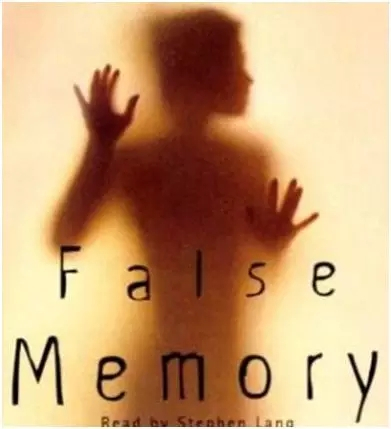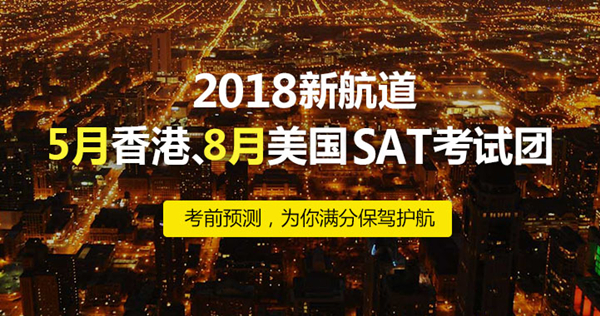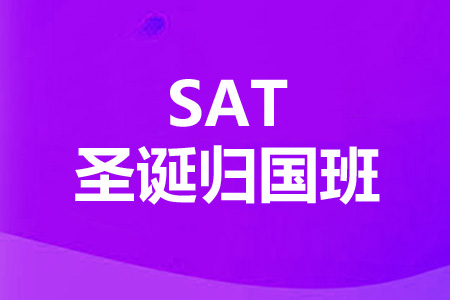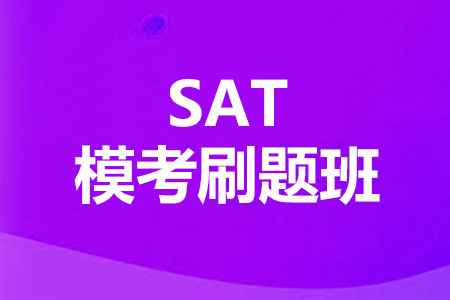2018年5月5日亚太SAT阅读真题回忆-第二篇
2018年5月5日亚太SAT阅读真题回忆-第二篇
第二篇社会科学节选于Remember That? No YouDon’t.Study Shows FalseMemories Afflict Us All,作者Tara Thean
文章大意:现象解释性文章,段首先列出了一个现象:false memories是一种普遍存在的现象,即便那些记忆力超强,对经历的事情无论是时间地点还是其他具体细节都记得清清楚楚的人都会受到这种记忆误区的影响。加州大学的教授们据此展开了一系列研究,结果是so-called lures — words that would make subjects think of other,related ones是主要原因。

文章原文:
The phenomenon of false memories is common to everybody — theparty you’re certain you attended in high school, say, when you were actuallyhome with the flu, but so many people have told you about it over the yearsthat it’s made its way into your own memory cache. False memories can sometimesbe a mere curiosity, but other times they have real implications. Innocentpeople have gone to jail when well-intentioned eyewitnesses testify to eventsthat actually unfolded an entirely different way.
What’s long been a puzzle to memory scientists is whether somepeople may be more susceptible to false memories than others — and, byextension, whether some people with exceptionally good memories may be immuneto them. A new study in the Proceedings of the National Academy of Sciencesanswers both questions with a decisive no. False memories afflict everyone —even people with the best memories of all.
To conduct the study, a team led by psychologist LawrencePatihis of the University of California, Irvine, recruited a sample group ofpeople all of approximately the same age and divided them into two subgroups:those with ordinary memory and those with what is known as highly superiorautobiographical memory (HSAM). You’ve met people like that before, and theycan be downright eerie. They’re the ones who can tell you the exact date onwhich particular events happened — whether in their own lives or in the news —as well as all manner of minute additional details surrounding the event thatmost people would forget the second they happened.
Word recall was also hazy. The scientists showed participantsword lists, then removed the lists and tested the subjects on words that hadand hadn’t been included. The lists all contained so-called lures — words thatwould make subjects think of other, related ones. The words pillow, duvet andnap, for example, might lead to a false memory of seeing the word sleep. All ofthe participants in both groups fell for the lures, with at least eight sucherrors per person—though some tallied as many as 20. Both groups also performedunreliably when shown photographs and fed lures intended to make them thinkthey’d seen details in the pictures they hadn’t. Here too, the HSAM subjectscooked up as many fake images as the ordinary folks.
“What I love about the study is how it communicates somethingthat memory-distortion researchers have suspected for some time, that perhapsno one is immune to memory distortion,” said Patihis.
What the study doesn’t do, Patihis admits, is explain why HSAMpeople exist at all. Their prodigious recall is a matter of scientific fact,and one of the goals of the new work was to see if an innate resistance tomanufactured memories might be one of the reasons. But on that score, theresearchers came up empty.
“It rules something out,” Patihis said. “[HSAM individuals]probably reconstruct memories in the same way that ordinary people do. So nowwe have to think about how else we could explain it.” He and others willcontinue to look for that secret sauce that elevates superior recall over theordinary kind. But for now, memory still appears to be fragile, malleable andprone to errors — for all of us.
题目:
题:词汇题 curiosity。
第二题&第三题:细节信息加证据,考段结尾,false memory有害(damaging)。
第四题:词汇题 exact。
第五题:考察实验设计,问它设置的那些干扰词有什么特点(criticallure)。
第六题:考倒数第二段主旨,别的科学家不意外。
第七题:考第6题的证据。
第八题:跟原文无关的图表,很简单,读记忆力强组的Y轴。
第九题:跟原文无关的图表题,结合两个图标考对照组的两个Y值。
第十题:跟原文有关的图表题,图表信息支持了文章核心主旨,记忆力跟错误记忆的。
另外上海新航道,2018SAT香港/美国考试团正在火热报名中,感兴趣的同学,请图片查看SAT考团详细信息!










